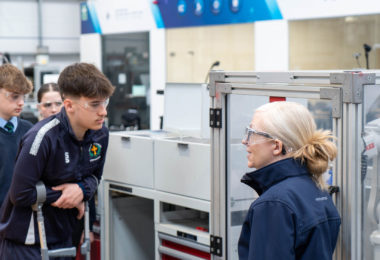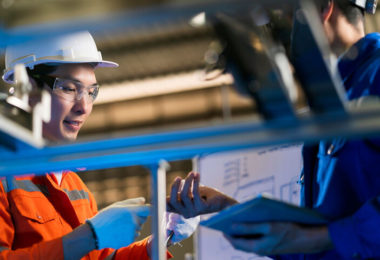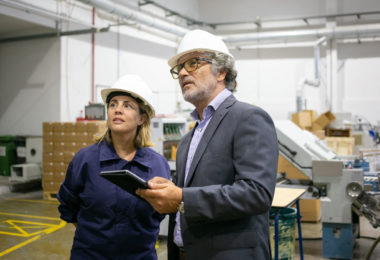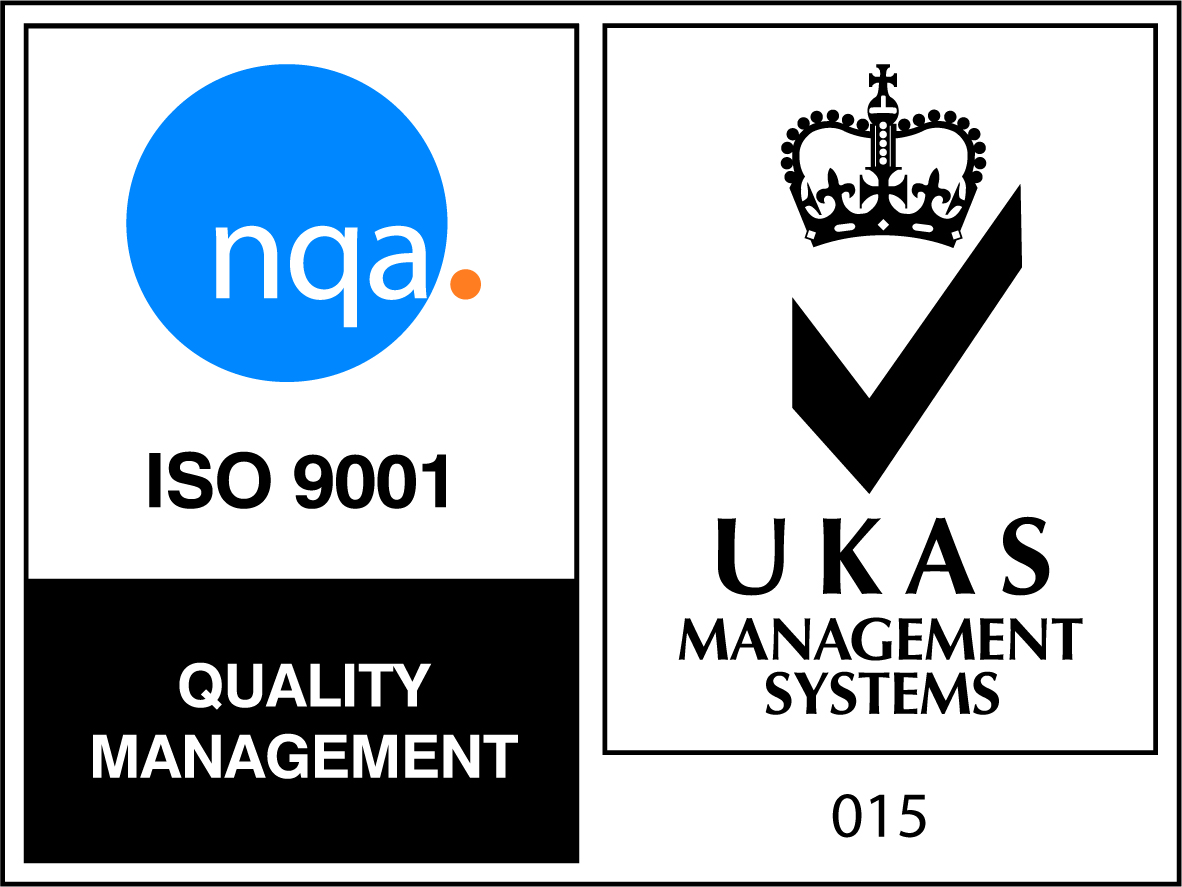Toolmakers and Tool & Die Maintenance Technicians are predominantly involved in the highly skilled, complex and specialist detailed work of manufacturing and maintaining the engineering tooling used to produce components, products and assemblies. These products, assemblies and systems affect all of our daily lives, whether it be for travel such as cars, planes, boats and rail energy, defence, food, clothing, packaging and health including medical equipment, devices and implants such as joint replacements. This requires the application of a broad range of activities including the interpretation of engineering drawings and technical instructions and the use of hand, machine and automated computer controlled machine tools and measuring equipment.
Technicians must comply with applicable legislation and organisational safety requirements and be expected to work both individually and as part of a manufacturing team, working with minimum supervision, taking responsibility for the quality and accuracy of the work they undertake. They will be proactive in finding solutions to problems and identifying ways to improve the business. They will be expected to test and adjust the systems they have built or maintained ensuring tooling, jigs, fixtures and assemblies meet the required specification. This requires the application of a broad range of skills, knowledge and occupational behaviours across a range of engineering disciplines.
All the learners will begin with a 2 week induction covering the principles of the apprenticeship, Induction to Programme and additional courses such as:
- IOSH Working Safely n Manual Handling
- Abrasive Wheels
- Slinging
- Diary keeping & continuous professional log
- Equality & Diversity
- Prevent Agenda
- Safeguarding
- Employment Rights & Responsibilities
- Introduction to Lean
To begin their journey through to becoming an Engineering Technician all learners start with off the job training covering 3 or 5 days dependent upon whether they are undertaking a full time or part time course. During this time learners will work towards achieving a Level 2 Diploma in Advanced Manufacturing Engineering (Foundation Competence) and a begin their Level 3 Diploma in Advanced Manufacturing Engineering (Development Knowledge) this knowledge element spans the whole of the programme.
Dependent upon prior qualifications learners may also need to complete functional skills in English & Maths to a minimum Level 2.
- Understand mathematical techniques, formula and calculation in a toolmaking environment.
- Understand structure, properties and characteristics of common materials used for the manufacture and repair of tooling, moulds, dies, jigs and fixtures.
- Understand the safe operation, correct selection and the application of a range of hand tools used for toolmaking and die maintenance, including grinders, drills, stones etc.
- Understand the safe operation and operating principles of a range of complex and often state-of-the-art workshop machinery (such as CNC lathes, milling, grinding and erosion machining centres, drilling and welding equipment).
- Understand how to set up and operate the machinery/equipment efficiently and effectively.
- Understand the principles of how the relevant tools, dies, jigs and fixtures being manufactured/maintained function, the operating sequences, the purpose of the individual components/systems and how they interact.
- Understand the application of pneumatics, hydraulics, electrical and electronic systems as applied to various moulding, injection, pressing and similar associated machinery.
- Read and interpret relevant data and documentation used to produce and/or maintain tool and die components, assemblies and systems.
- Apply methods and techniques to produce, assemble, disassemble repair and/or maintain tools, dies, jigs and fixtures as applicable to the employer requirements.
- Manufacture components (such as tooling, dies, jigs and fixtures).
- Undertake testing to confirm correct operation, and of the effectiveness of repairs and maintenance activities carried out.
- Undertake equipment/asset care and/or preventative planned maintenance processes and procedures.
Carrying out complex fault diagnosis and repair activities covering the following technologies as applicable to tool, die, jig and fixture environment:
- 1. Maintaining Mechanical Equipment
- 2. Maintaining Fluid & Pneumatic Power Equipment
- 3. Maintaining Electrical & Electronic Equipment
- 4. Maintaining Process Control Equipment
Contribute to the business by identifying possible opportunities for improving working practices, processes and/or procedures.
Toolmaker and Die Maintenance Technician - Engineering Technician Level 3 Download
Send download link to:





